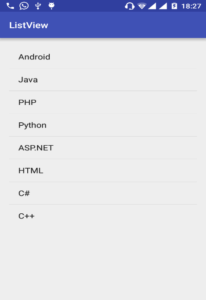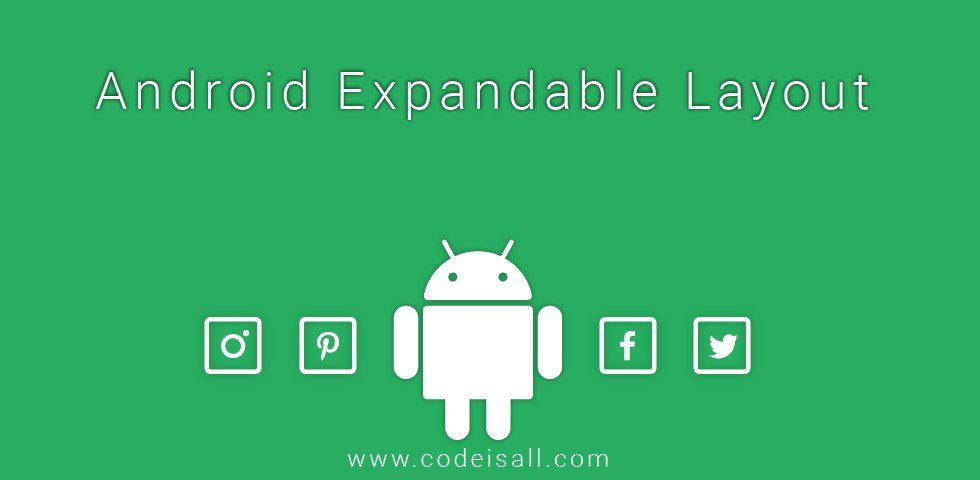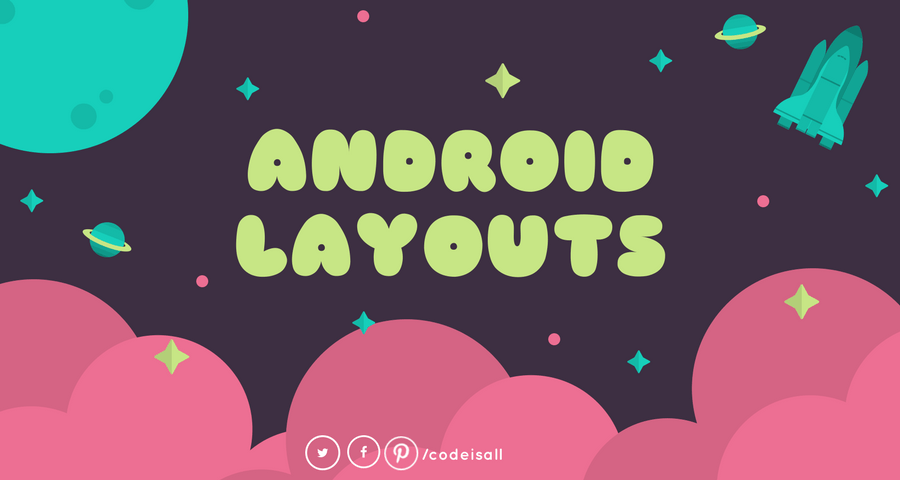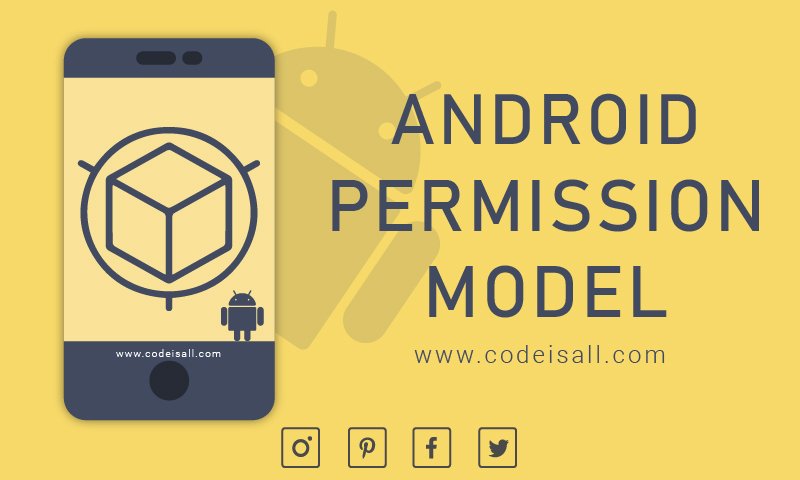Android List View
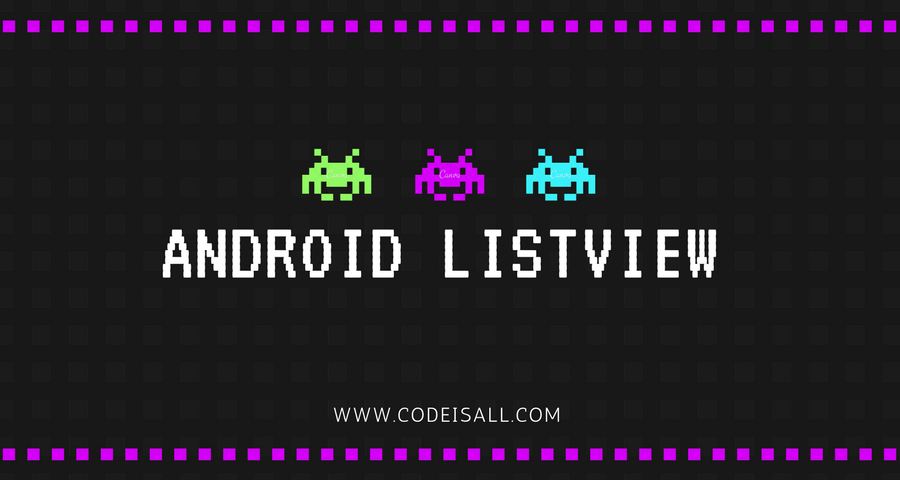
android listview
Using Android ListView we can arrange components in a vertically scrollable list. The list items are automatically inserted to the list using an Adapter that pulls content from a source such as an array or database query and converts each item result into a view that’s placed on the list.
Attributes
android:id
Unique ID
android:divider
It separates the items.
android:entries
Defines the reference to an array that will fill the ListView.
Android ListView Example
strings.xml
<resources>
<string name="app_name">ListView</string>
<string-array name="Languages">
<item>Android</item>
<item>Java</item>
<item>PHP</item>
<item>Python</item>
<item>ASP.NET</item>
<item>HTML</item>
<item>C#</item>
<item>C++</item>
</string-array>
</resources>
activity_main.xml
<?xml version="1.0" encoding="utf-8"?>
<RelativeLayout xmlns:android="http://schemas.android.com/apk/res/android"
xmlns:tools="http://schemas.android.com/tools"
android:layout_width="match_parent"
android:layout_height="match_parent"
android:paddingBottom="@dimen/activity_vertical_margin"
android:paddingLeft="@dimen/activity_horizontal_margin"
android:paddingRight="@dimen/activity_horizontal_margin"
android:paddingTop="@dimen/activity_vertical_margin"
tools:context="com.chirag.listview.MainActivity">
<ListView
android:layout_width="wrap_content"
android:layout_height="wrap_content"
android:id="@+id/listView"
android:entries="@array/Languages"
android:layout_alignParentTop="true"
android:layout_alignParentLeft="true"
android:layout_alignParentStart="true" />
</RelativeLayout>
Output
What is your reaction?
0
Excited
0
Happy
0
In Love
0
Not Sure
0
Silly

